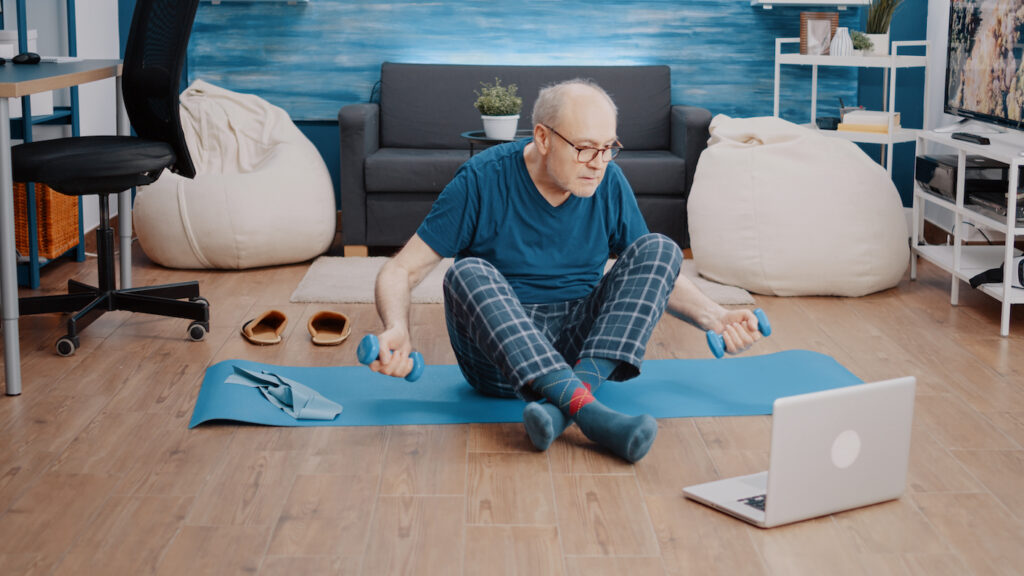Enhancing Elderly Well-being: The Role of Ancillary Services in Senior Care
Ancillary services in senior care include various supportive services that enhance the primary care provided to elderly individuals. One notable example is physical therapy, which is essential for seniors recovering from surgeries or managing chronic conditions like arthritis. Physical therapists assist seniors in improving their mobility, strength, and balance, fostering greater independence and reducing the risk of falls. These services can be provided in assisted living facilities, nursing homes, or through home health care.
Tailored Nutritional Support: Ensuring Seniors Receive Essential Nutrients
Nutritional support is another critical ancillary service. Seniors often face dietary challenges such as difficulty swallowing, loss of appetite, or specific dietary restrictions due to medical conditions. Dietitians and nutritionists create personalized meal plans to ensure seniors receive the necessary nutrients for maintaining their health. They may collaborate with kitchen staff in care facilities or offer consultations for seniors living at home. Adequate nutrition can significantly impact overall well-being, helping manage chronic illnesses and improve energy levels.
Social and recreational activities also play a vital role in senior care. Activity coordinators organize events, exercise classes, hobby groups, and outings tailored to seniors’ interests and abilities. These activities provide opportunities for social interaction, mental stimulation, and physical exercise, all of which are important for maintaining a high quality of life. Participation in these activities helps seniors combat feelings of loneliness and isolation, stay mentally sharp, and enjoy a sense of community and engagement.
Benefits of Non-Medical Home Care with a Licensed Caregiver
Non-medical home care provides numerous benefits that greatly enhance the quality of life for seniors. One of the main advantages is the ability for seniors to stay in their own homes while receiving the support they need. This service includes help with daily activities such as bathing, dressing, meal preparation, and housekeeping. By assisting with these tasks, non-medical home care allows seniors to maintain their independence and dignity, reducing the need for institutional care.
Another key benefit is the personalized attention and companionship provided by non-medical home care providers. Caregivers often develop strong, trusting relationships with the seniors they support, offering emotional support and companionship that can help alleviate feelings of loneliness and isolation. This regular social interaction is vital for mental and emotional well-being, contributing to a more positive outlook on life. Additionally, caregivers can monitor the overall well-being of seniors, noticing any changes in health or behavior that may require medical attention.
Non-medical home care also offers peace of mind for family members who may be unable to provide full-time care themselves. Knowing that their loved ones are receiving reliable, compassionate care allows family members to focus on their own responsibilities and well-being, reducing stress and burnout. This type of ancillary service is flexible and can be customized to meet the specific needs of each senior, whether they require a few hours of assistance each week or more comprehensive daily support. Overall, non-medical home care improves the quality of life for seniors and supports the well-being of the entire family.



